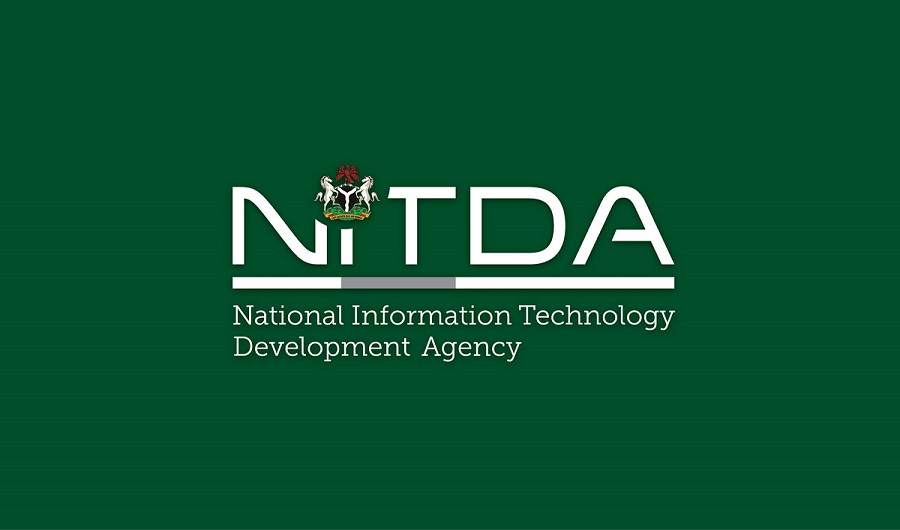
The National Information Technology Development Agency (NITDA) is seeking public feedback on several draft documents related to Information Technology (IT) projects and regulations. This aligns with NITDA’s commitment to open and collaborative rulemaking.
The legal Documents Open for Public Review are:
- Guidelines for Licensing IT Projects Clearance Compliance Assurance Firms 2024;
- Regulatory Guidelines for Electronic Invoicing in Nigeria;
- Guidelines for Software Development; and
- Guidelines for Software Testing.
According to the Director, Communications and Media Relations, NITDA, Mrs. Hadiza Umar, NITDA is also proposing the amendment of the Guidelines for Clearance of IT Projects for Federal Public Institutions (FPIs) guidelines, initially issued in 2018.
The Guidelines for Licensing IT Projects Clearance Compliance Assurance Firms 2024 aims to ensure that IT projects within Federal Public Institutions (FPIs) are managed and implemented according to approved and established standards, regulations, and best practices. The instrument will regulate and professionalise the clearance of IT projects, ensuring that FPIs IT projects and initiatives are effectively conceptualised, designed, evaluated, and compliant with relevant Federal Government extant rules and standards in line with the Federal Government’s digital infrastructure goals and the Renewed Hope Agenda.
The Regulatory Guidelines for Electronic Invoicing is designed to promote transparency and deepen the use of technology for e-government automation as well as support the fiscal development of Nigeria through prudent administration of government revenue. The guidelines will improve tax compliance, enhance efficiency and enhance standardisation and interoperability, thereby ensuring that Nigeria is ready for international digital commerce.
The Guidelines for Software Development establish the minimum requirements for the development of software to be used by Nigerian government entities. It ensures that all software meets quality, security, and operational standards, promotes the growth of the local software testing market, and enhances the efficiency and effectiveness of government services. The objectives of the guideline are to ensure that software is fit for purpose, meets functional and non-functional requirements, and protects government institutions from operational risks through security, reliability, and performance standards.
To Participate:
These draft documents have undergone internal review and stakeholder consultations. NITDA now invites the public to contribute their feedback by reviewing the documents available for download at: https://nitda.gov.ng/draft-regulatory-instruments/
Public participation is crucial for NITDA to develop comprehensive and effective regulatory instruments. By considering diverse perspectives, NITDA can ensure these guidelines best serve the needs of the IT industry and promote the development of a thriving digital economy in Nigeria.
Stakeholders are advised to send in their review to regulations@nitda.gov.ng on or before 26th November 2024.



